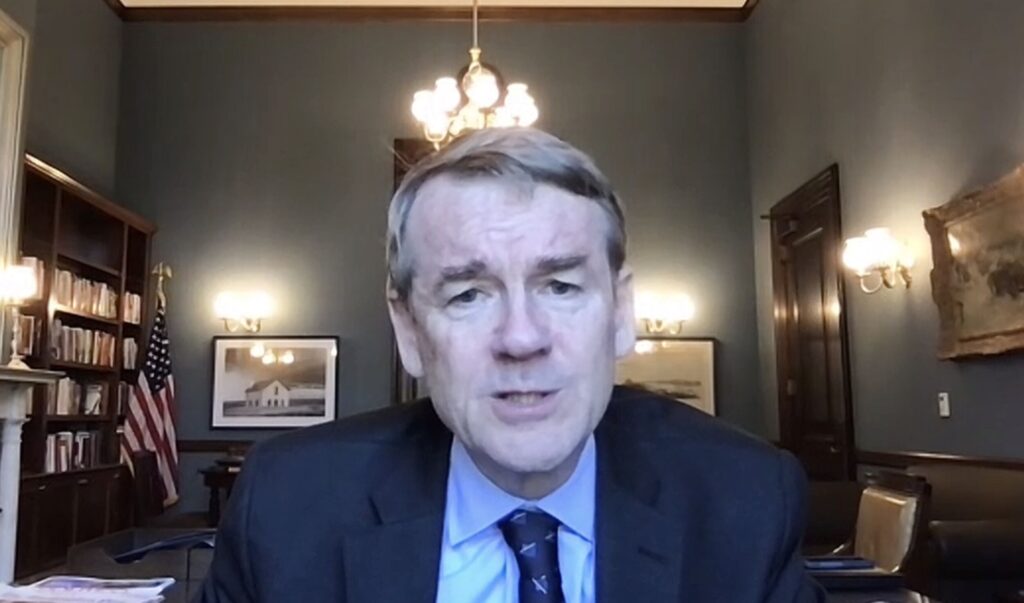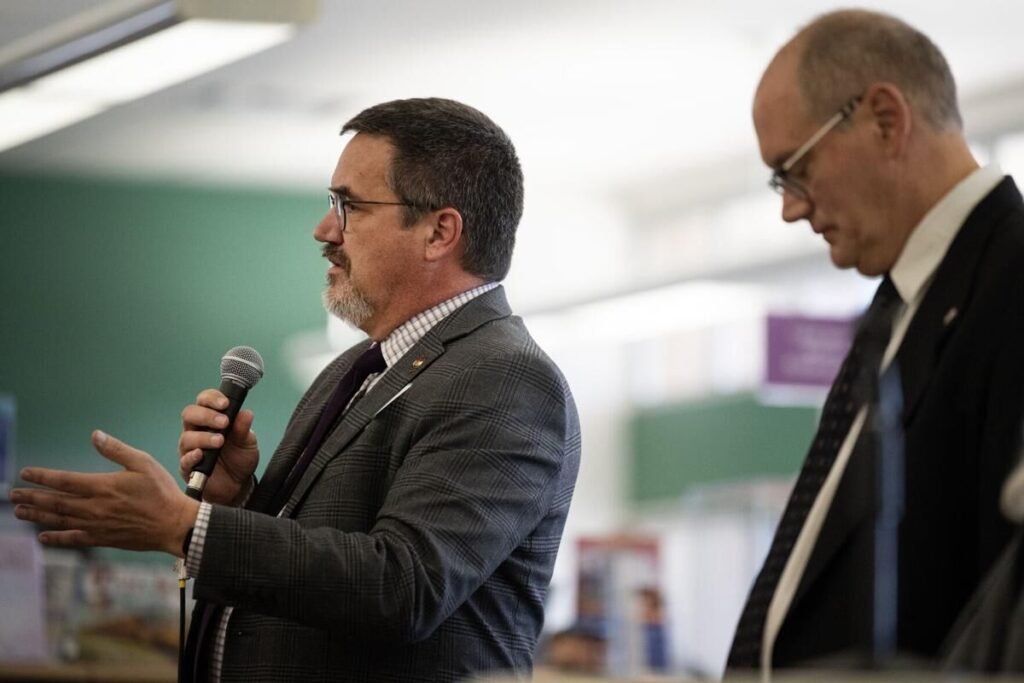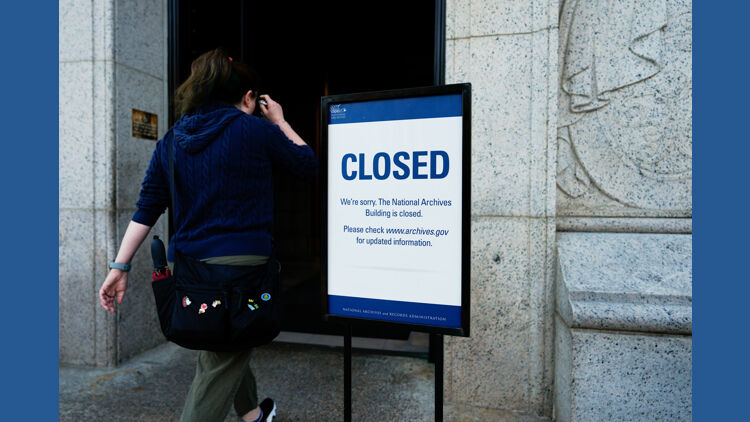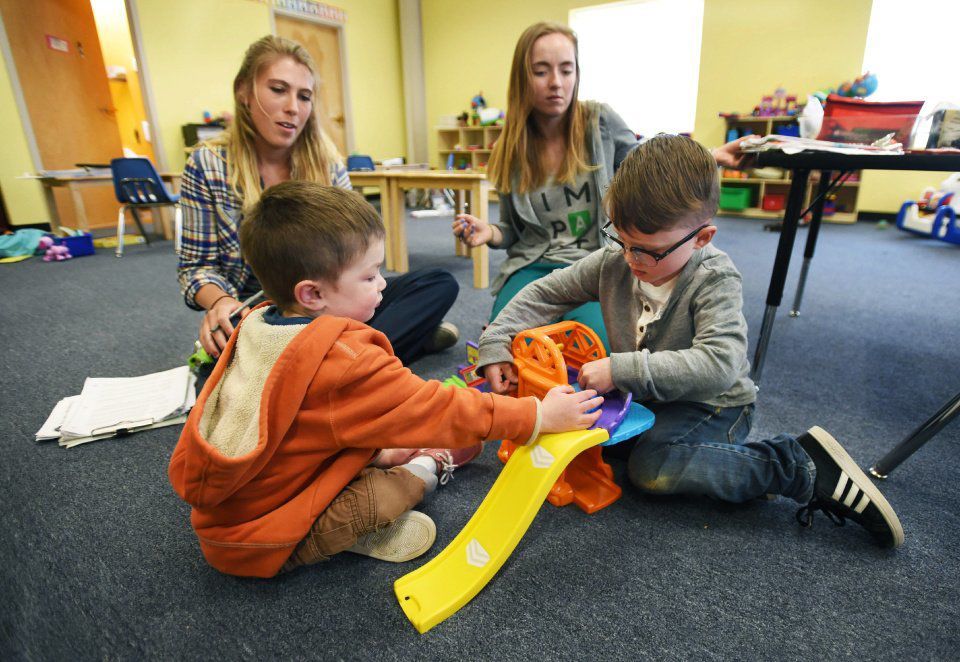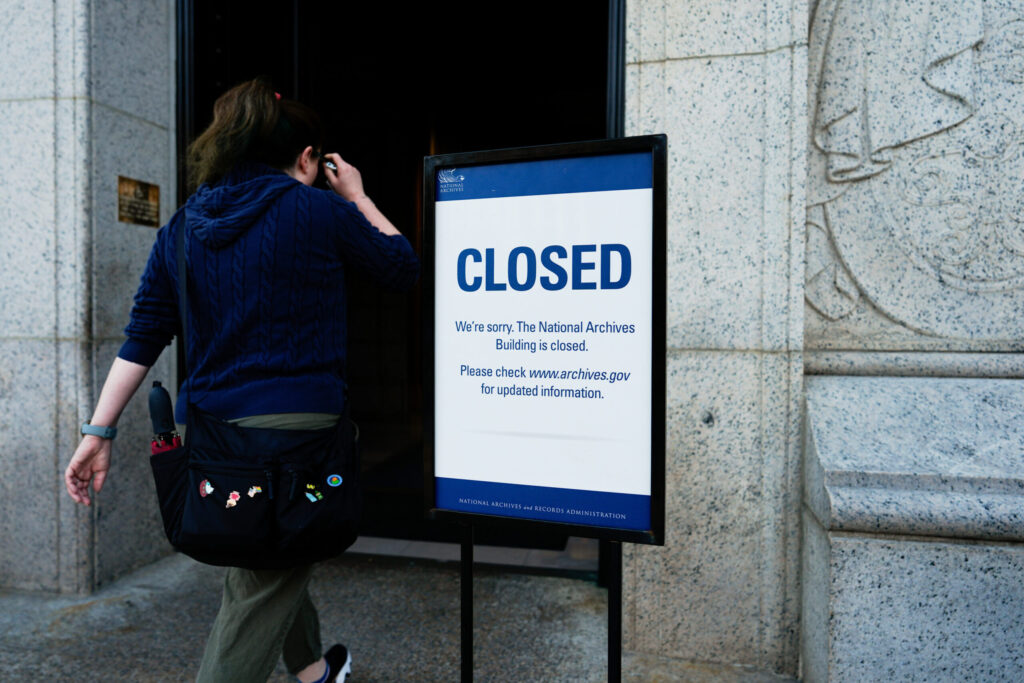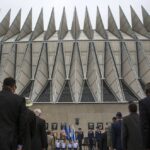GOP candidate Barlock’s path to Trump is a winding road through Denver history
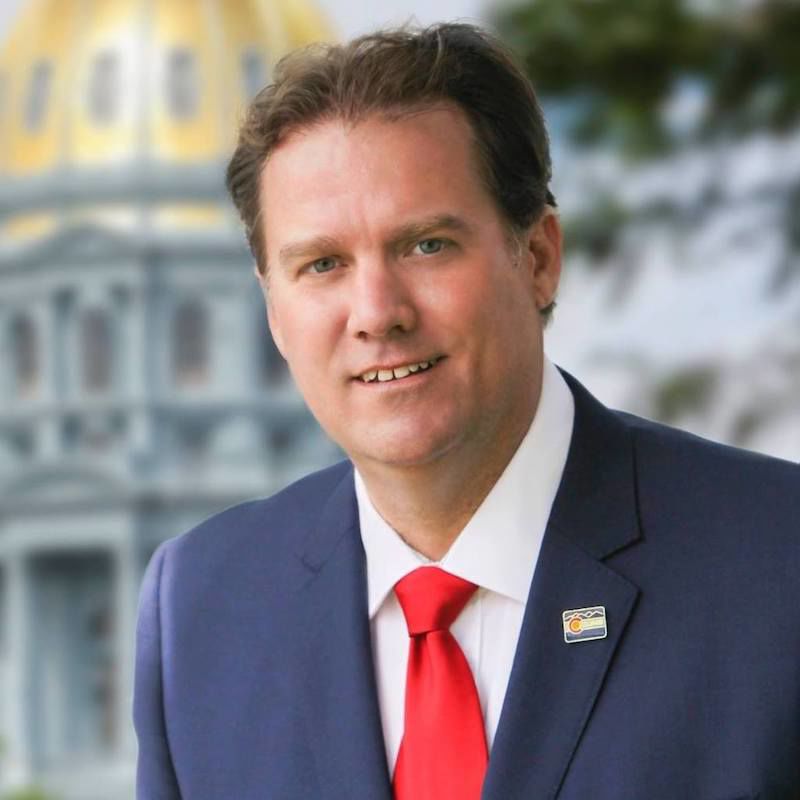
(Editor’s note: This is the latest in a series of personal profiles about candidates for Colorado governor. Read here about Donna Lynne, Victor Mitchell, Cary Kennedy and Tom Tancredo.)
Steve Barlock might have entered the Colorado governor’s race through the Donald Trump door, but he and his family delivered him there through the winding road of Colorado history. The Republican candidate’s circle of influence over the course of his life is as broad and diverse as a Democrat could hope for, especially those who measure their Colorado life in years not generations.
His mom’s family goes back five generations in Colorado, his dad’s side, Barlock is a second generation American. His grandparents on his dad’s side immigrated from central Europe.
His dad’s side of the family was “basically gypsies, up and down the Carpathian Mountains, lumberjacks, coal miners, just hardworking individuals.”
A family story he likes to tell is when a relative returned from America, and people were sitting around a campfire in the village. Someone asked what America as like.
“America is the greatest land of opportunity,” Barlock’s ancestor said, “as long as you can lie, cheat and steal better than the next guy.”
His grandfather moved to Colorado from Illinois after his store was burned down by the Ku Klux Klan. In Golden, he clashed with local Klan leaders again when the White Knights controlled much of Colorado’s politics and business. He was Catholic and a Lincoln Republican who refused to bow to bigots in either state 90 years ago.
“My mom is an artist and my dad is an attorney, so the variety of people I’ve gotten to meet is just fantastic and great,” Barlock said.
Born a Catholic, he attended preschool at a Jewish community center up the street from his family’s home in Lakewood, then he went to Christ the King Catholic School in Denver, where Supreme Court Justice Neil Gorsuch was a several grades older and his younger brother, J.J., was one of Barlock’s classmates.
The older kids at the school, including the future justice, were tasked with making sure the younger kids got home from school safely and didn’t get lost. Barlock was one of Neil Gorsuch’s wards.
“It was protection,” Barlock said. “That was our neighborhood, that was our family and it was the community.”
Barlock was bused to Manual High School in Five Points, which was predominantly black, but one that put a high value on athletics, which was an area in which Barlock excelled. Despite the gang violence, including shootings on and near campus, Barlock thought it was just life.
“The way I was reared, I never thought of racial divisions,” he said. “My mom is in the arts community, so we were friends with people from the LGBTQ community for my whole life. Everyone is just people. I just never thought of race, creed, color, sexual orientation or anything. I lived life, and just I knew people as people, not by their skin color, their economics, where they worship or anything like that.
“That’s just not how my family was.”
At Manual, he was a baseball pitcher with some renown, before he broke his ankle, which screwed up his delivery. He still had tryouts with the New York Yankees and Milwaukee Brewers. At Metro State in Denver, he couldn’t get on the field, even after he offered to switch to outfield. He made the tennis team after telling the coach he’d tryout against the team’s best player. The primary goal was to get his tuition paid, so he could graduate without debt.
And later as he was growing his business reputation, he was a tennis coach and after-school mentor for all kinds of kids affiliated with Denver Parks and Recreation.
When John Hickenlooper got in the race for Denver mayor in 2002, Barlock was there to volunteer campaign worker for the businessman turned politician. But then when Hickenlooper took office, he passed over Barlock as a potential parks and recreation director. Hickenlooper became governor in 2010.
Barlock remained an independent in his political thinking, even though his voting record was conservative. He didn’t get enthused about another candidate until Donald Trump came along.
“I knew we were going to lose it. I really did. They’re just so … the establishment doesn’t want to lose their stronghold.”
Voters wanted Donald Trump to win the state, but the establishment salted the electoral field with a #neverTrump view, Barlock said.
“I just decided nobody who is not establishment is going to run and respect Donald Trump, like the people who really wanted him to be there,” Barlock said. “That’s why I’m running, because I’ve gone so far, and for all the hard work I did last year, I don’t want it to be wasted.”





